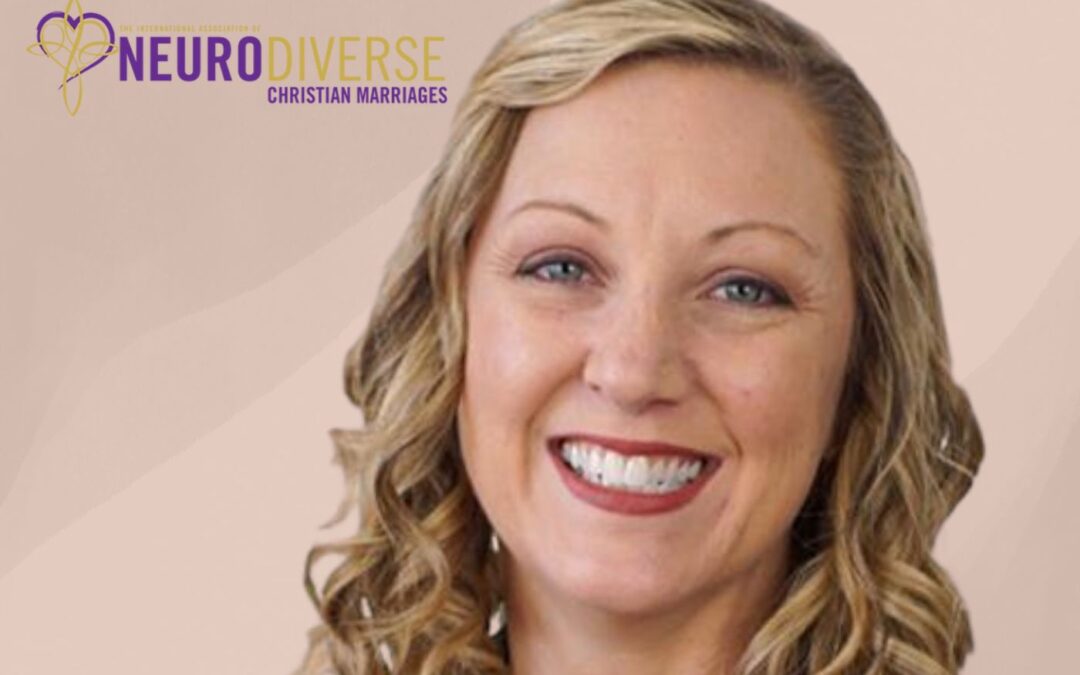MHNRN | Apple Podcasts | Spreaker | Episode #2
Welcome back to the Dr. Mary Podcast! I’m your host, Dr. Mary—pediatrician, mom, and passionate advocate for neurodiverse families. On this show, we dive deep into important conversations around mental and physical health, including topics like autism and ADHD. Whether you’re navigating a diagnosis or simply seeking to understand and support loved ones, we’re here to equip you with practical advice and heartfelt encouragement.
Today, we have another amazing episode lined up, so let’s jump in!
SHOW NOTES
[00:00] – Welcome to the Show
Welcome, listeners! I’m excited to have Dr. Stephanie Holmes on the show today. She’s a certified autism specialist who works with neurodivergent marriages. Dr. Stephanie and I share a personal connection as we both have children diagnosed with Asperger’s, so this topic is close to my heart. Today, we’re diving into neurodivergent families and marriages, especially in faith communities.
[02:00] – Dr. Stephanie’s Journey
Dr. Stephanie starts by sharing her story—she describes herself as a Type-A personality, driven and focused. She knew from college that she wanted to be a marriage and family therapist. But things changed when her oldest daughter was diagnosed with Asperger’s. That diagnosis shifted her career focus, and now she works primarily with neurodiverse families, especially within the Christian faith community.
[04:30] – What Is Neurodiversity?
I asked Dr. Stephanie to explain the term “neurodivergent.” She shared that it’s a broad term for individuals whose brains develop in non-neurotypical ways, including those with autism, ADHD, and other developmental differences. The neurodiversity movement encourages us to focus on the strengths of these individuals, not just their challenges. It’s a shift from viewing differences as deficits to recognizing the value they bring.
[08:00] – How Neurodiversity Has Changed Perspectives
Dr. Stephanie has seen both positives and negatives in how the neurodiversity movement has impacted society. On the positive side, public figures like Elon Musk speaking about their neurodivergence help reduce stigma. But on the negative side, sometimes people try to over-positivize neurodiversity, downplaying the real challenges that families face, especially when trying to get accommodations at school or in the workplace.
[10:00] – Dr. Stephanie’s Focus on Neurodiverse Marriages
Most of Dr. Stephanie’s work is with neurodiverse marriages—especially when one spouse is on the autism spectrum. She also provides consulting to families navigating the school system and working with children on the spectrum. She sees that neurodiverse marriages, particularly in faith communities, face some unique challenges.
[12:30] – Challenges of Neurodiverse Marriages in Faith Communities
We had an important discussion about the difficulties neurodiverse couples face in Christian communities. Dr. Stephanie shared that sometimes religious rules and roles can cause even more strain in these marriages, especially for spouses on the autism spectrum who tend to see things in black-and-white. Sadly, there’s a lack of resources in the faith community to help these couples, and many Christian counselors don’t even know how to identify autism in adults. That creates additional barriers for families seeking support.
[16:00] – The Emotional and Physical Toll of Neurodiverse Marriages
Dr. Stephanie explained how neurodiverse marriages can take a significant emotional and physical toll, especially on neurotypical spouses. The stress of navigating these dynamics can lead to trauma, chronic fatigue, and even autoimmune issues. Interestingly, her research shows that neurodivergent spouses often feel more content in their marriages than their neurotypical partners, who might be dealing with unrecognized challenges.
[19:00] – Trauma in Neurodiverse Marriages
We discussed the concept of trauma, which Dr. Stephanie broke down into “Trauma A” (the lack of emotional connection and support) and “Trauma B” (things like physical or verbal abuse). She shared that emotional neglect and rejection can be just as damaging as physical pain, but because emotional wounds aren’t visible, they often go unrecognized, especially in faith communities.
[22:00] – Dr. Stephanie’s Upcoming Book
I’m so excited about Dr. Stephanie’s upcoming book, Embracing Autism: Finding Hope and Joy in Your Neurodiverse Family System. She’s collaborating with her husband and children to tell their family’s story, offering practical advice for others in neurodiverse families. The book will be released later this year, just in time for Christmas, and includes reflections and exercises to help families take the next steps in their own journeys.
[25:00] – Wrapping Up
I wrapped up by thanking Dr. Stephanie for sharing her wisdom with us today. She’s doing such vital work, and I know her insights into neurodivergent marriages—especially in the Christian community—will help so many. It’s been a powerful conversation, and I hope it’s been as enlightening for you, my listeners, as it has been for me.
Connect with Us:
- Dr. Mary’s Social Media: Facebook, Instagram, & Linkedin
- Mental Health News Radio Network

HEY SIS!
As a devoted pediatrician, specializing in neurodevelopmental disorders, my focus is on guiding and supporting families who have received an autism or ADHD diagnosis.
I am a PCCI trained life and leadership coach.
– Dr Mary

Recent Comments